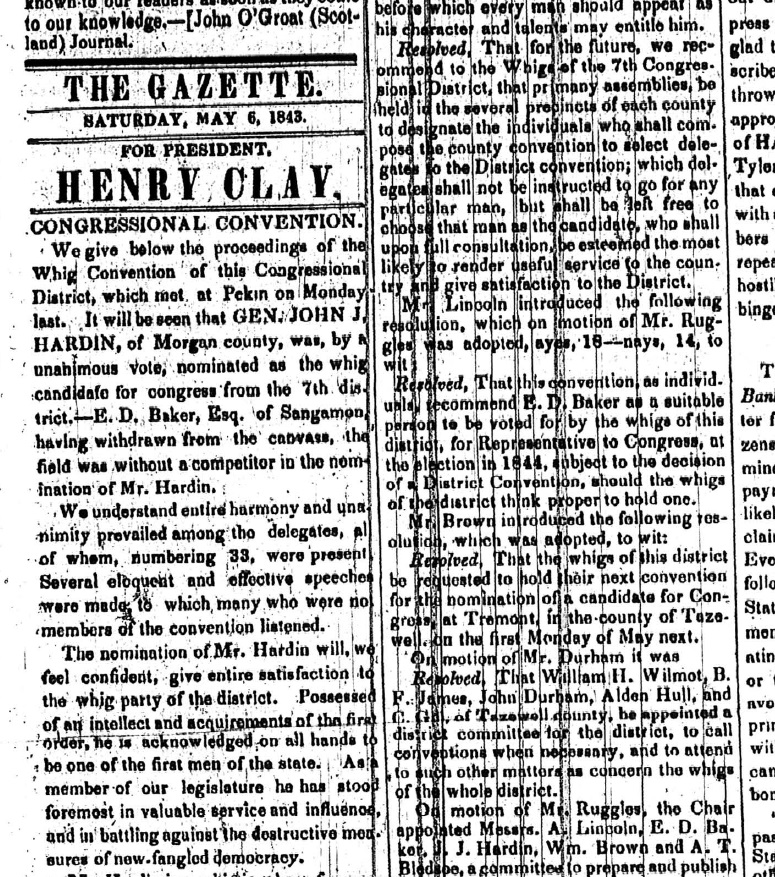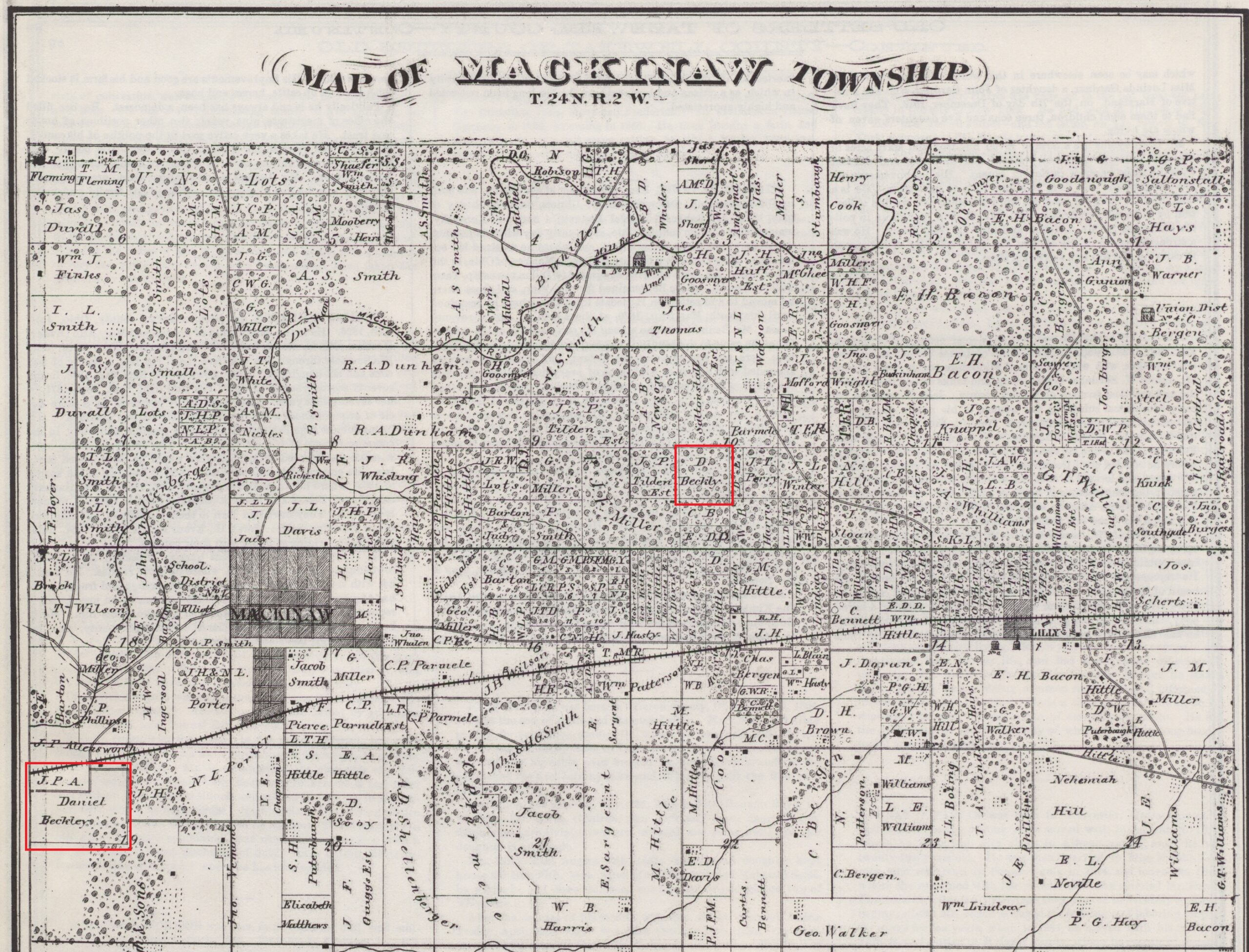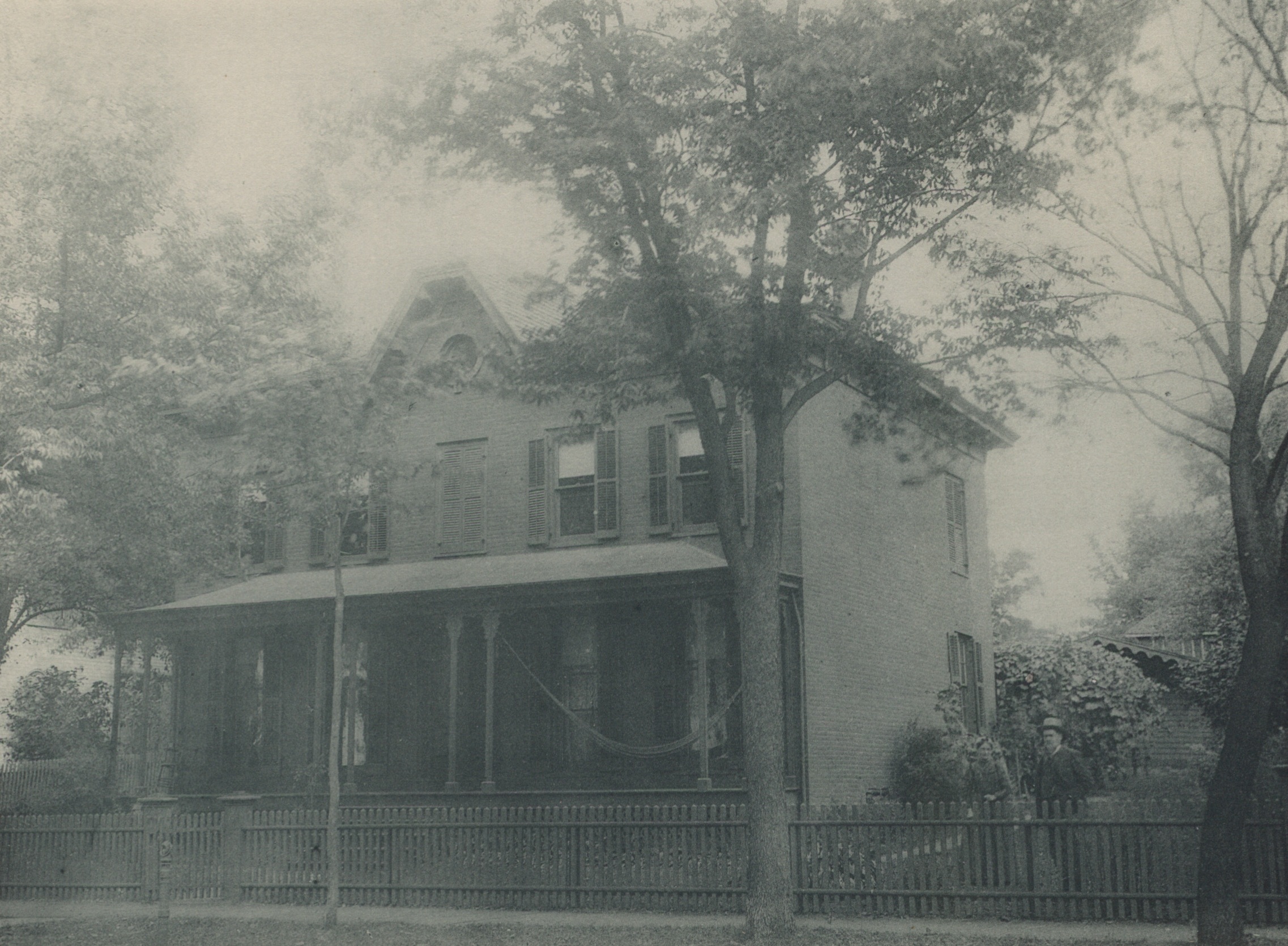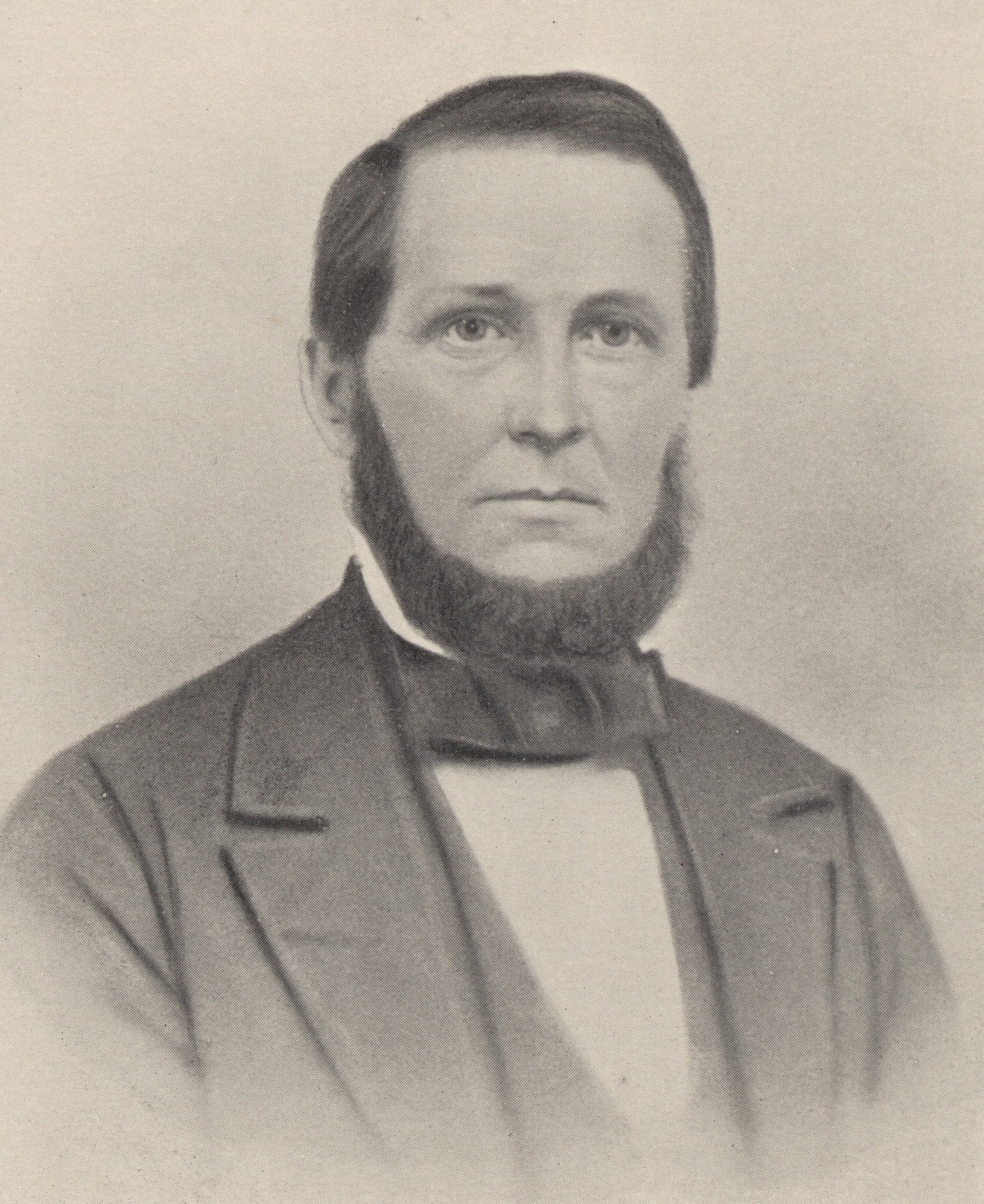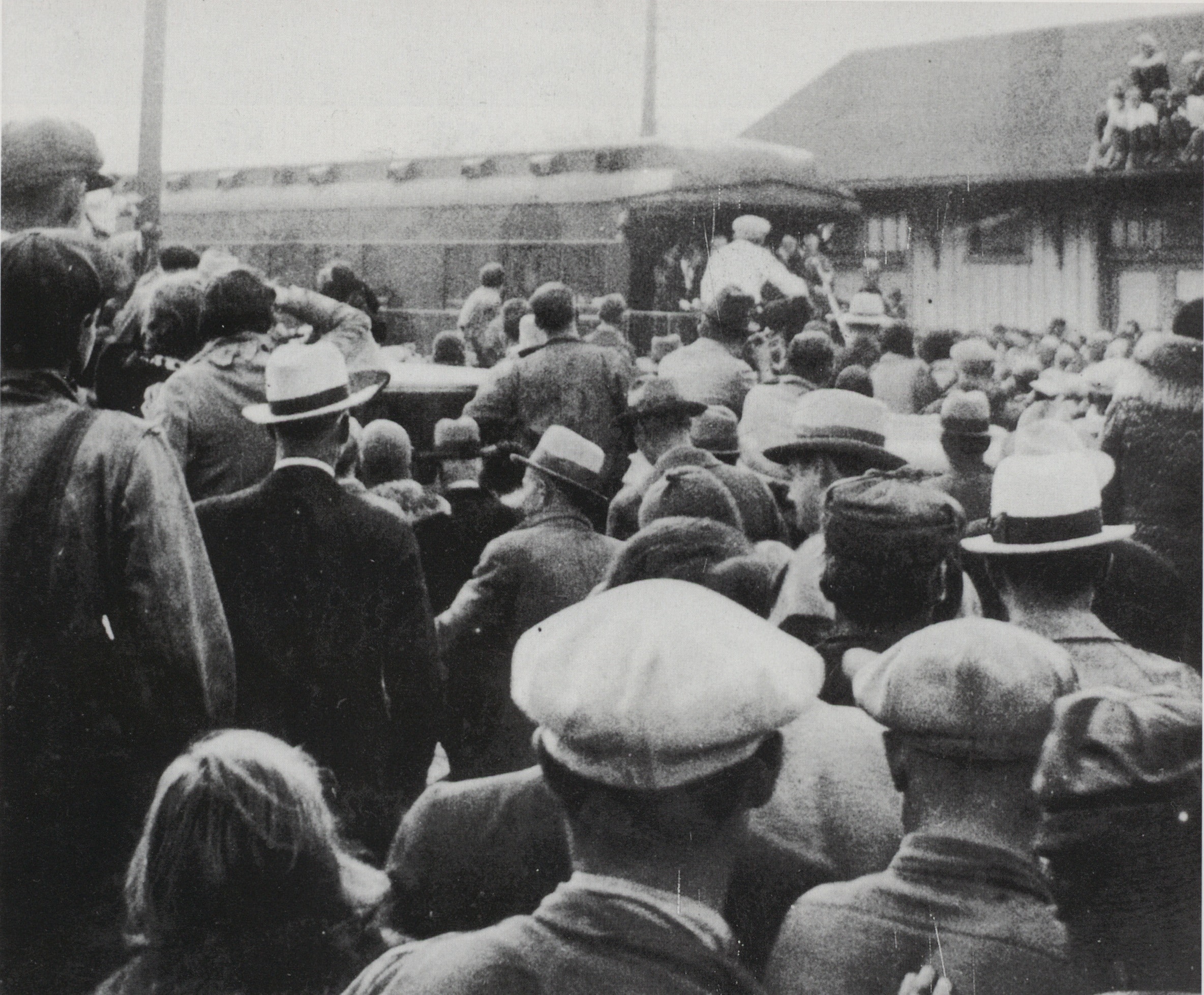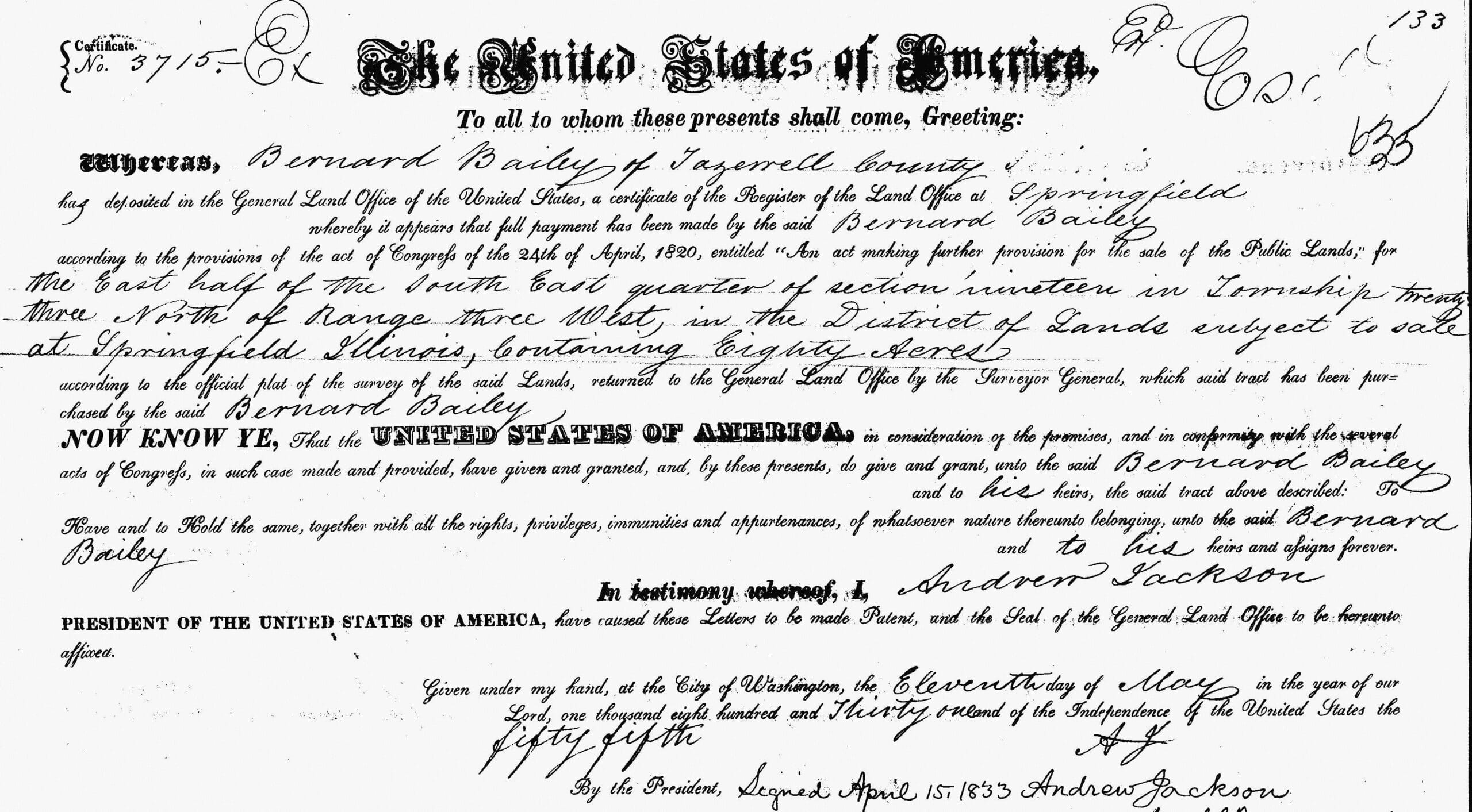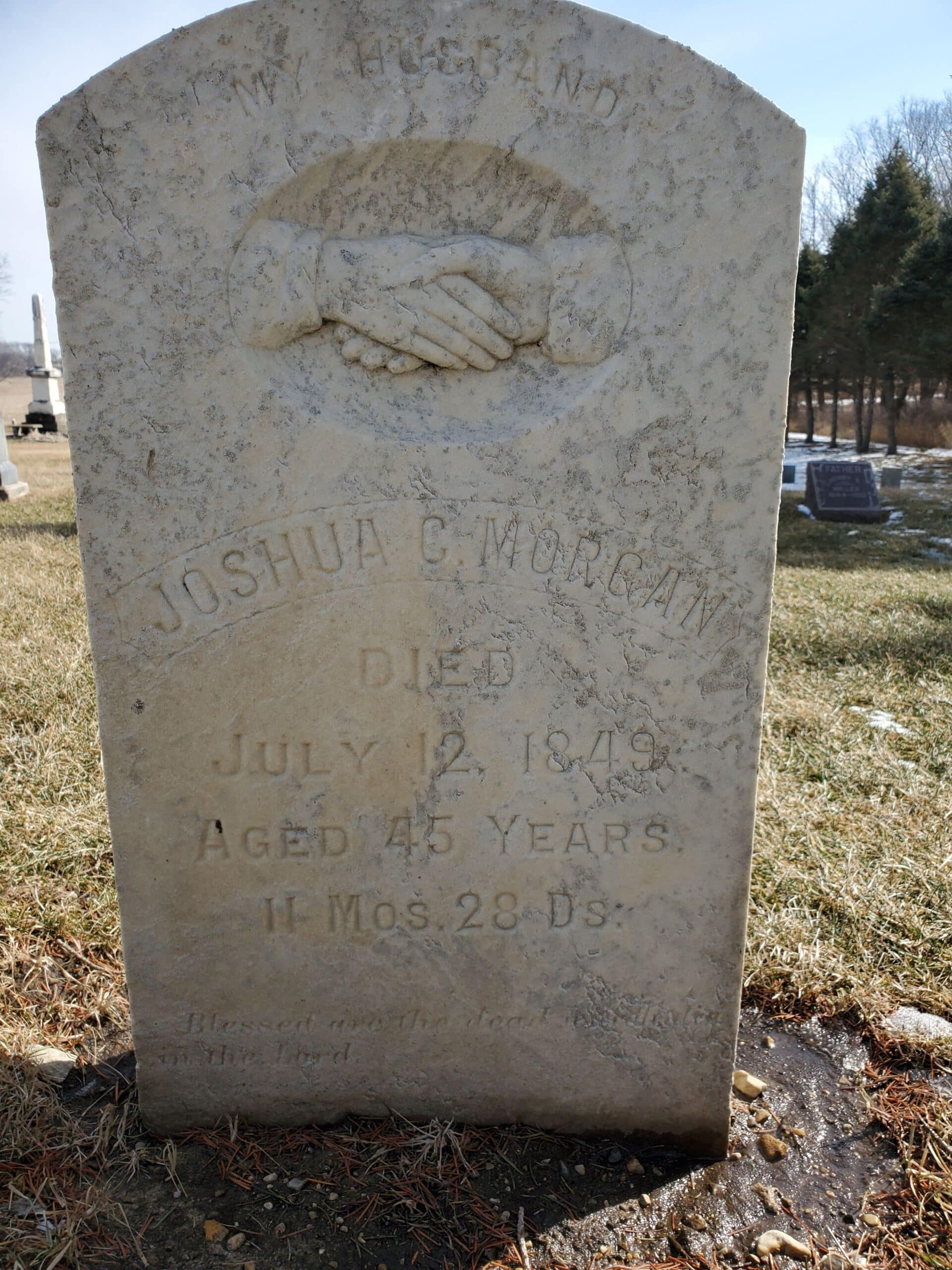President Abraham Lincoln’s long road to the White House began in his days as a circuit-riding lawyer over the prairies of Illinois, leading him first to the Illinois General Assembly and then to the U.S. Congress. One of the stops on Lincoln’s road was Pekin, where Lincoln was involved in a political pact known as “the Pekin Agreement.”
Lincoln’s first political campaign was 28 years before he became president. In 1832, he was one of 13 men seeking a Sangamon County seat in the Illinois House of Representatives. Lincoln only garnered 657 votes, however, for his service in the Black Hawk War had limited his ability to campaign.
Two years later, Lincoln again sought the same seat in the Illinois House, coming in second and losing by only 14 votes. In that election, Lincoln ran as a member of the Whigs, a conservative party that was one of the predecessors of the Republican Party. Trying a third time for the same seat in 1836, Lincoln was victorious, defeating 16 other candidates (including four of his fellow Whigs). Lincoln was reelected to the Illinois House in 1838, but came in fifth in a very crowded field in 1840, losing to another member of the Whig Party.
Three years after that, Lincoln first began to set his sights on a national office, hoping to win his party’s nomination for a seat in the U.S. House of Representatives for the 7th Congressional District of Illinois (which then encompassed the counties of Sangamon, Morgan, Scott, Cass, Menard, Tazewell, Logan, Putnam, Woodford, Marshall, and Mason).
It was Lincoln’s political ambitions in 1843, and those of two other prominent Illinois Whigs, that led to “the Pekin Agreement.”
The agreement was a pact arranged at the convention of the Illinois Whig Party, which was held in Pekin on 1 May 1843. At the Pekin convention, the Illinois Whigs were divided among the supporters of Lincoln, Gen. John J. Hardin, and Edward Dickinson “E. D.” Baker, each of whom hoped to be the candidate for the 7th Congressional District seat. For the sake of party unity, it was apparently agreed that the three men would serve only one two-year term in Congress. Hardin got their party’s nomination coming out of this convention, while Lincoln’s resolution was approved that Baker should be the party’s nominee in the 1844 Congressional election.
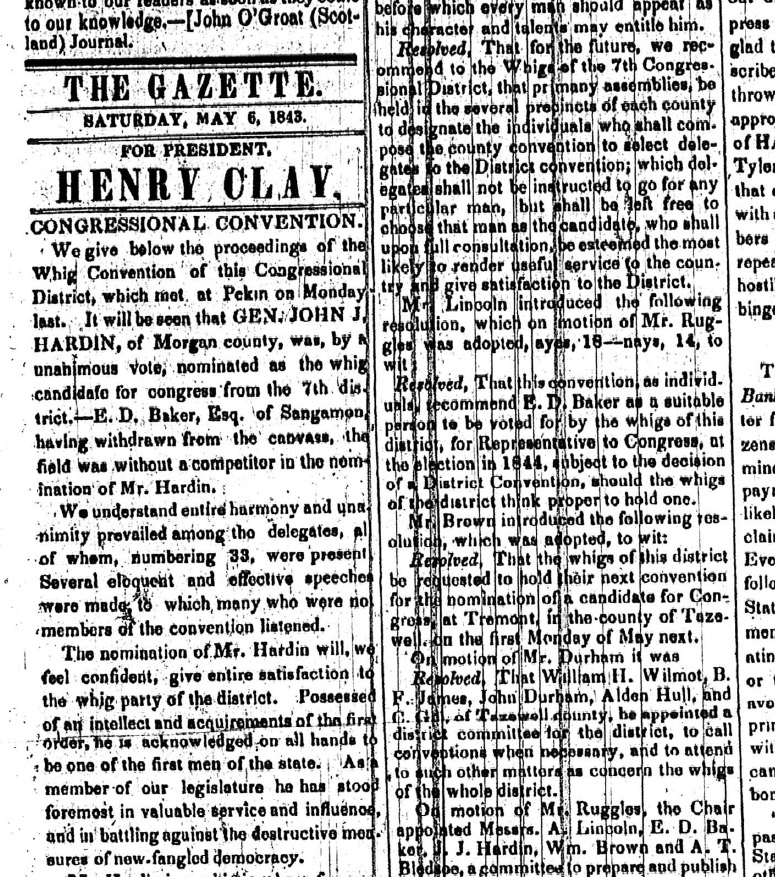
After Baker’s term, however, the Pekin Agreement collapsed. This is how the “Papers of Abraham Lincoln” database describes the agreement, how it fell apart, and the affect it had on Lincoln’s career in politics:
“At a Whig convention in Pekin in May 1843, an agreement was made between Lincoln, Edward D. Baker, and John J. Hardin that seemed to establish a one-term limit on the prospective Whig congressmen. Hardin and Baker having each served one term, Lincoln believed that the 1846 nomination should have been his. While Lincoln set out to solidify his support in the district, Hardin proposed that the convention system for the nomination be thrown out in favor of a primary election. Lincoln rejected Hardin’s proposal on January 19, 1846, and Hardin subsequently declined the nomination entirely.”
That paved the way for Lincoln’s election to the U.S. House of Representatives in 1846. He served a single term in Congress, from 1847 to 1849. Five years later, Lincoln was elected to the Illinois House in 1854, but chose not to take his seat because by then he had his eyes on a seat in the U.S. Senate. But neither in 1854 nor in 1858 (the year of the famed Lincoln-Douglas debates) was Lincoln able to win a Senatorial seat.
In the end, Lincoln’s single terms in the Illinois House and U.S. House, his network of friends and supporters, and the chaotic, tumultuous political climate in a nation torn by the slavery question were enough for him to win the presidential election of 1860. Among other factors, the Pekin Agreement of 1843 played a role in helping him get to Congress in 1847.
The proceedings of the 1843 Illinois Whig Convention were published 6 May 1843 in The Illinois Gazette of Lacon. A transcription of the Gazette’s text is available at the “Papers of Abraham Lincoln” site and is reposted here for convenience:
Proceedings of Whig Convention at Pekin, Illinois regarding Candidates for Congress, 1 May 1843
WHIG CONVENTION.
At a meeting of the delegates, representing the counties composing the seventh Congressional District of Illinois, held in Pekin on the first Monday of May inst., the following persons appeared as delegates from their respective counties, to wit:
Sangamon—A. Lincoln, N. W. Edwards, A. T. Bledsoe, S. T. Jones, Benj. A. Watson, Walker Davis, James H. Maxy, and James H. Matheny.
Morgan—Ranson Vanwinkle Jr., E. T. Miller, Francis Arnze, James Berdan, Cornelius Hook, William Brown, James Harkness and J. D. Rawlings.
Scott—William Gillham, Samuel R. Simms, James M. Ruggles, and E. B. Kirby.
Cass—Harvy O’Neil, and Edward R. Saunders.
Menard—Francis F. Reignier, and Geo. U. Miles.
Tazewell—Josiah L. James, Philo H. Thompson, Catsby Gill and John Durham.
Logan—Peter G. Cowardin.
Putnam—William Everett.
Woodford—William R. Bullock.
Marshall—Robert Boal.
Mason—Francis Low.
The convention was organized by the appointment of Josiah L. James Esq. President, and E. B. Kirby Secretary.
On motion of Mr. Edwards,
Resolved, That the convention now proceed to the choice of a candidate for Congress.
Mr. Lincoln stated that he was requested to withdraw the name of Mr. Baker from before the convention; after which the convention proceeded to ballot, when it was ascertained that there was a unanimous vote for GEN. JOHN J. HARDIN of Morgan county.
E. D. BAKER Esq. was unanimously appointed the Delegate from this District to the National Convention, and FRANCIS ARNZE his substitute. It was voted that in case neither of them were able to attend that they be empowered with authority to appoint a substitute.
On motion of Mr. Durham, it was unanimously
Resolved, That our Delegate to the National Convention be instructed to vote for HENRY CLAY for President.
The following preamble and resolutions were introduced by Dr. Robert Boal, and passed by ayes 18—nays 15, to wit:
The delegates now convened, anxious to avoid any possible mischief which may originate amongst Whig friends by adopting, as a precedent, the system of instructing the delegates to Congressional Conventions to vote for particular men—and believing, this practice, if permanently adopted, will induce aspirants for office to press their claims, (personally, or through their friends) at local meetings in such a manner as greatly to embarrass the action of such conventions, and to distract the Whig party, and believing further that a convention, instead of being an electoral college to count votes, and making proclamation of the name receiving the highest number, should be a deliberative assembly, which after full consultation amongst its members, should proceed to select that man (from all the men of the District) the most likely to harmonize the whole party, and render the most efficient service to the country.
Therefore, to avoid all collision betwixt political friends, and to secure harmony.
Resolved, That for the future, we advise our political friends to avoid efforts to procure public manifestations of local preference, as such manifestations will always embarrass the deliberations of a convention, before which every man should appear as his character and talents may entitle him.
Resolved, That for the future, we recommend to the Whigs of the 7th Congressional District, that primary assemblies, be held in the several precincts of each county to designate the individuals who shall compose the county convention to select delegates to the District convention; which delegates shall not be instructed to go for any particular man, but shall be left free to choose that man as the candidate, who shall upon full consultation, be esteemed the most likely to render useful service to the country and give satisfaction to the District.
Mr. Lincoln introduced the following resolution, which on motion of Mr. Ruggles was adopted, ayes, 18—nays, 14, to wit:
Resolved, That this convention, as individuals, recommend E. D. Baker as a suitable person to be voted for by the whigs of this district, for Representative to Congress, at the election in 1844, subject to the decision of a District Convention, should the whigs of the district think proper to hold one.
Mr. Brown introduced the following resolution, which was adopted, to wit:
Resolved, That the whigs of this district be requested to hold their next convention for the nomination of a candidate for Congress, at Tremont, in the county of Tazewell, on the first Monday of May next.
On motion of Mr. Durham it was
Resolved, That William H. Wilmot, B. F. James, John Durham, Alden Hull, and C. Gill, of Tazewell county, be appointed a district committee for the district, to call conventions when necessary, and to attend to such other matters as concern the whigs of the whole district.
On motion of Mr. Ruggles, the Chair appointed Messrs. A. Lincoln, E. D. Baker, J. J. Hardin, Wm. Brown and A. T. Bledsoe, a committee to prepare and publish an Address to the Whigs of the Seventh Congressional District.
It was Resolved, That the proceedings of the meeting be signed by the President and Secretary, and published in the several Whig papers of the district.
On motion, the convention adjourned.
J. L. JAMES, President. E. B. Kirby, Secretary.
[Note: The Gazette’s reference to “S. T. Jones” of Sangamon County is apparently a mistake either for Strother G. Jones or Stephen T. Logan. Likewise, “William Everett” of Putnam County is probably a mistake for “Wilson” Everett.]


